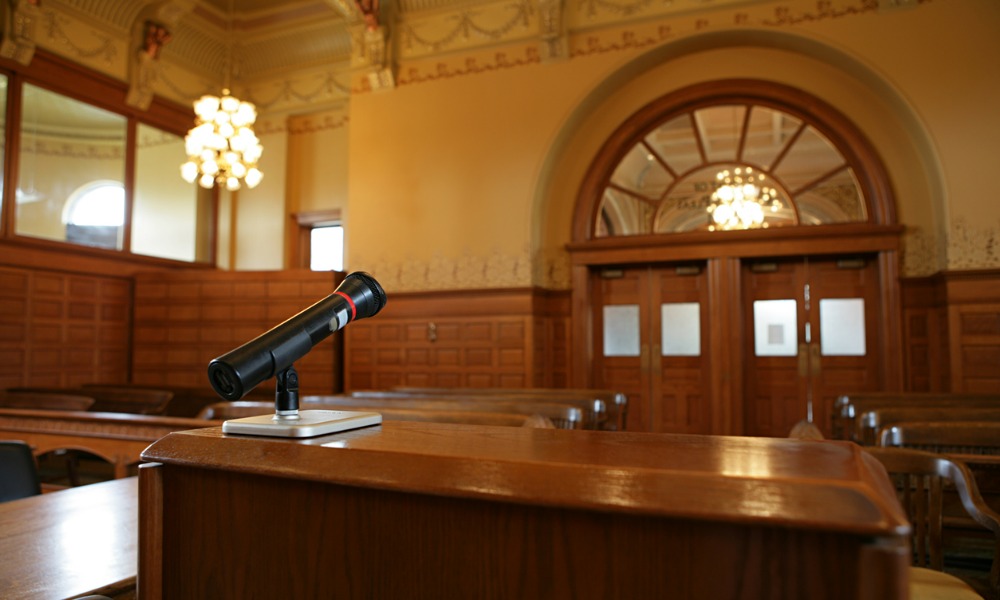
California company argued testimonies were 'hearsay' and 'irrelevant'

The California Court of Appeal for the Second District has recently affirmed a lower court’s decision to exclude testimonies offered by former employees in a previous case as evidence in proceedings for the present case.
In Barber et al. v. Southern California Edison Company, the plaintiffs lived on a property on Knob Hill Avenue in Redondo Beach, which was close to the Topaz substation of the Southern California Edison Company (SCE). They filed a suit seeking damages from SCE primarily for emotional distress. They claimed that electricity from the substation made them experience shocks on their property.
In a motion for summary judgment, SCE contended that the plaintiffs could not prove that electricity from its system caused the shocks. To oppose this, the plaintiffs provided an excerpt from a trial in the case of Wilson v. Southern California Edison Co. (2015), which included testimony from certain witnesses.
Read more: Are employees' internal communications admissible in a case against the employer?
One witness, a former SCE employee, testified that in 1983 or 1984 he found out that the Topaz substation was emitting stray electrical currents affecting the adjacent residents and that this voltage issue had been known for some time.
Another witness, an ex-employee of the Southern California Gas Company, testified that he heard about the stray voltage issue impacting Knob Hill’s residents while he was working as a district operations manager and that he received reports of voltage getting onto the gas lines of the avenue’s homes and facilities.
SCE objected to this evidence. It argued that these testimonies were hearsay, irrelevant, unfairly prejudicial, lacking foundation, and constituting improper lay opinion. The superior court issued summary judgment in SCE’s favor and sustained its objections to the Wilson transcript.
The plaintiffs appealed. They alleged that the court excluded evidence that would have created a triable factual issue on causation. The California Court of Appeal for the Second District affirmed the superior court’s decision granting SCE’s summary judgment motion.
The appellate court ruled that the plaintiffs could not establish that stray voltage from the substation caused the shocks, even if the excluded Wilson transcript excerpts would be considered.
SCE provided evidence stating that stray voltage shocks required some conditions, such as a certain voltage level, and that those conditions were absent in the plaintiffs’ former home, the appellate court noted. On the other hand, the plaintiffs’ evidence did not contradict or discredit SCE’s evidence and did not contain any expert opinion that SCE’s electricity caused the shocks.
Therefore, the Court of Appeal held that SCE was entitled to summary judgment based on the absence of causation. SCE’s stray voltage expert provided uncontradicted, unquestioned testimony regarding the lack of physical prerequisites for proving causation, which conclusively negated such causation, the appellate court said.